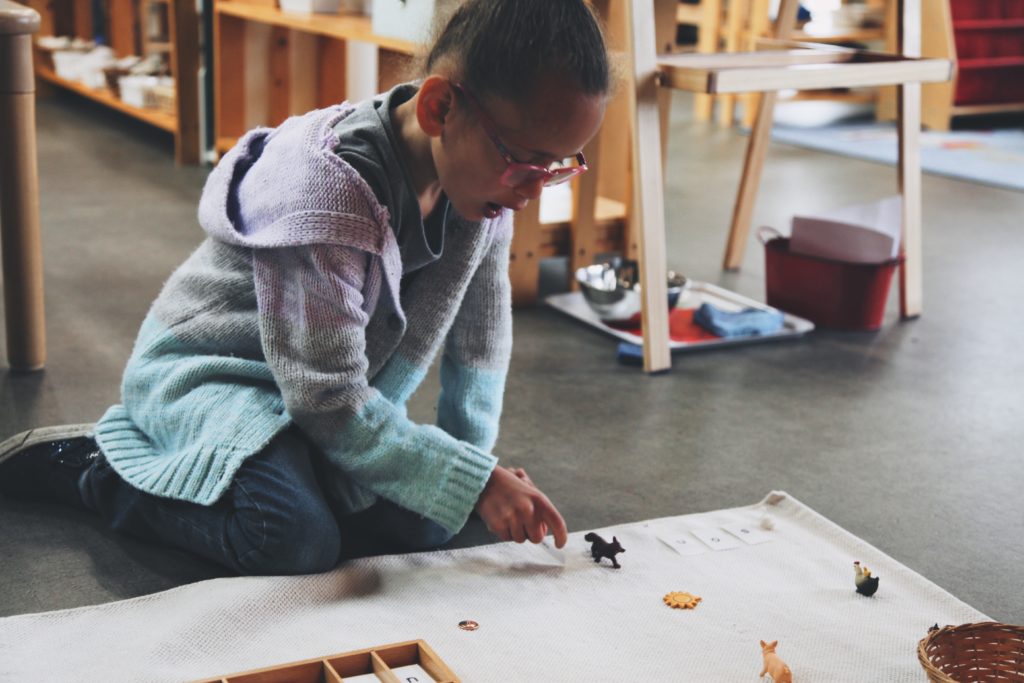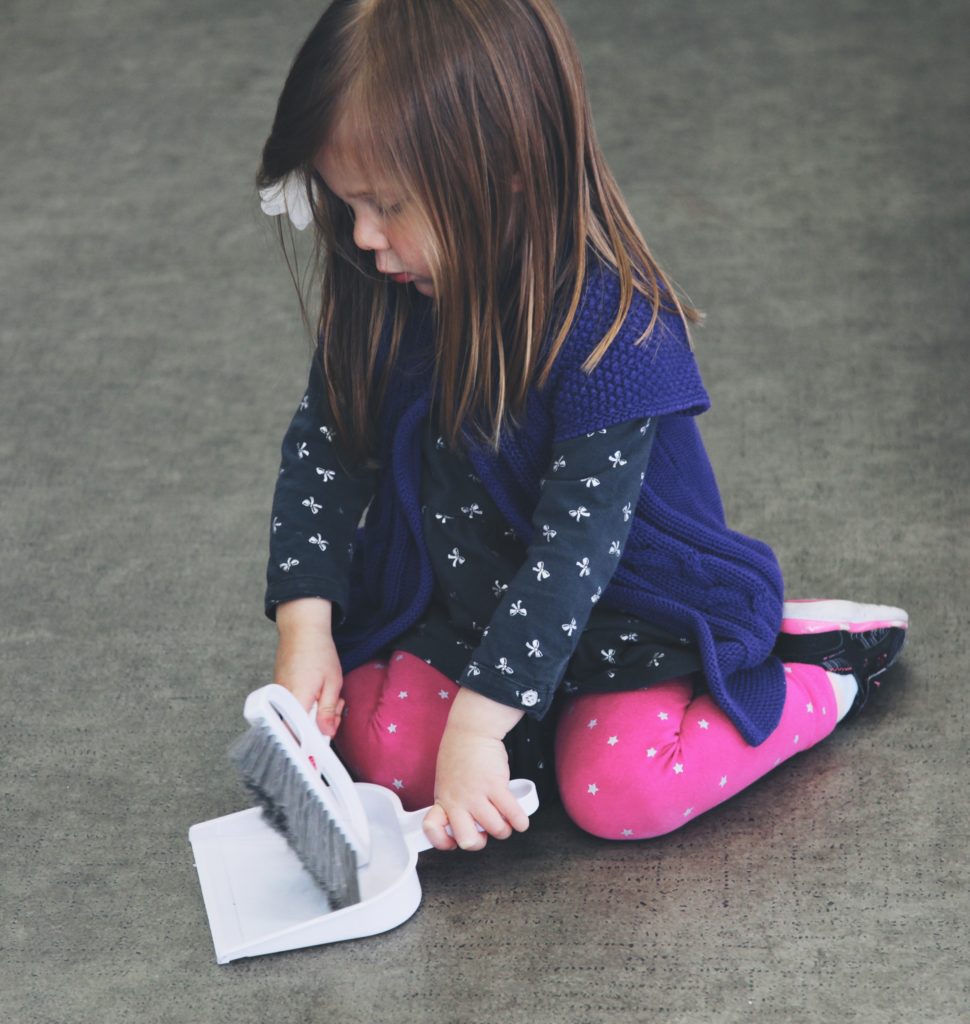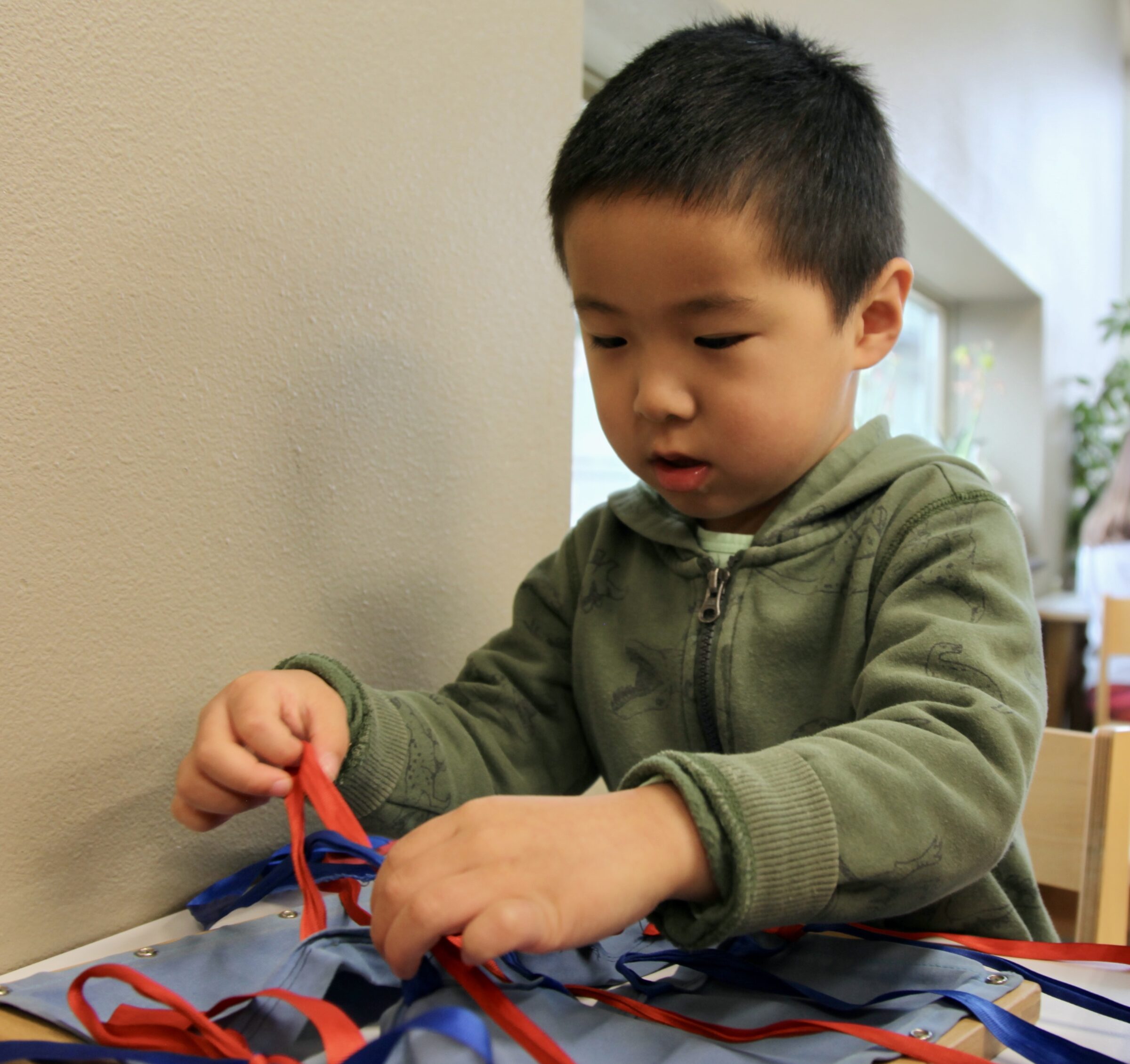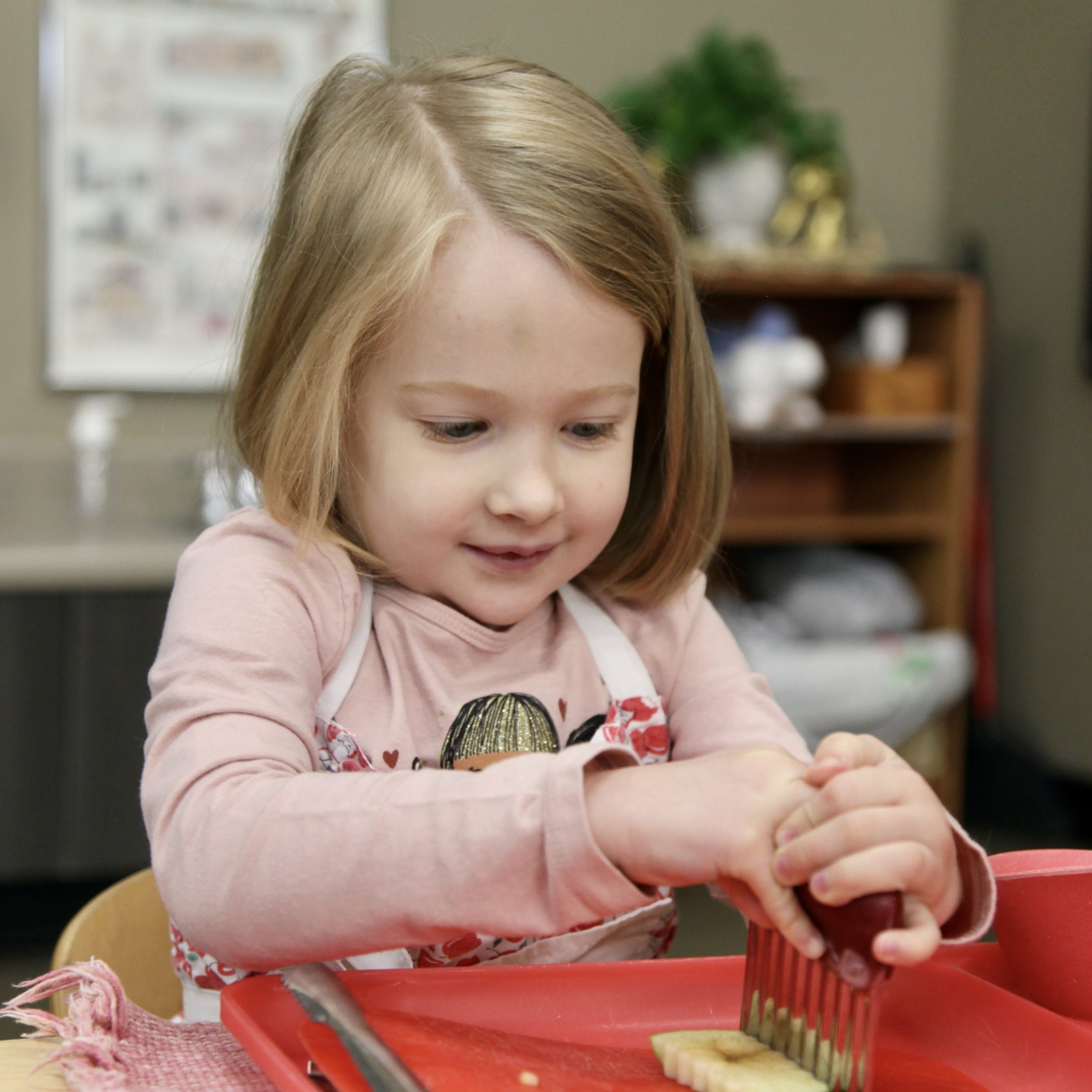Home Is Not A Classroom
Thoughts & Reflections
There are so many ways to support children, and education, and Montessori. Some are called to be educators, parents, advocates, and it takes all of us to be the Village. A child needs a village. Different people and environments, all supporting development.
As children and families learn more about Montessori, or see their child being successful at school in ways they might struggle at home, (such as putting away belongings when they’re finished using them, a real eye-opener for so many families) we often get questions about what could be done at home to support the learning.
A home is not a classroom. There are not 10 or 20 or 30 children in a three-year span at home. Even if a parent happens to have training in Montessori, the relationship between teacher and student is, and should be, different from the relationship between parent and child.
We love all the children in our care, but it is different from a parent’s love.
The children get along like a family, but it is different from how they interact with their true siblings.
We get to watch children grow over the years they’re with us, but it’s different from waiting for them to come, watching them grow from infancy, and playing a part of their life into adulthood.
These situations and relationships are different, and so the environments should be too.
When we’re finished with work, we don’t want to go home and read more briefs, we don’t look forward to answering another email or being on another conference call or attending another meeting, we don’t relish the thought of more accounting.
Even when we love our jobs, and love learning more about our fields, and feel lucky to be working in a capacity that doesn’t feel necessarily like “work,” home is different.
We might read, but we’re not reading the latest research, we’re reading a novel.
We might email, sending photos and notes off to family and friends. When we have a “meeting,” it’s dinner out with too much good food and great conversation.
We might do some accounting, but it’s budgeting for the house we’re going to purchase for our beautiful growing family.
Home is simply different.

In the same way, it’s different for children. They don’t need to do more “work.” The work accomplished at school is enough. They’re satisfied and they’re learning and they’re developing at their own pace every day, no matter what we do. More workbooks or flash cards or having Sandpaper Letters available at home isn’t necessary, though some children love them (but that’s different, isn’t it? It’s the same as getting excited about a new podcast from a blogger in your field, rather than a mandatory breakfast meeting).
What can translate, from space to space, is a few qualities.
A space for you to put your coat and boots, your books, your plate, so you have the ability to tidy up after yourself. We can’t expect children to put their dirty clothes in the hamper if it has a lid that’s higher than her head.
A table or rug or space set aside to work at, so when something gets left out, it’s pretty obvious, rather than Legos forgotten on a table at dinnertime, or books on the floor next to the bed.
Time to be. A heads-up when we’ll need to tidy up because it’s bed time soon. Choice of reading a book or listening to music before sleep. Options of WHICH fruit to have with lunch, not WHETHER to have fruit with lunch. An adult monitoring the clock and giving enough of a warning that the three-year-old has enough time to put on his shoes by himself, a skill he’s been working so hard to develop.
What can come home is not the work, but the respect of work. Not the materials, but a space to put things away. Not what we do with our time together, but the idea that the options available to a child are true choices, and if he wants to read a book rather than run around outside, that’s fine.
In so many ways, it’s harder. It would be easy to say, “Buy these five items and you’ll have a Montessori home!”
But in so many ways, it’s easier. Not a lot needs to change, for everything to change. An alarm set to ping ten minutes before you need to head out the door reminds you to ask your child if she needs help selecting a coat or if she’s going to put it on herself. Books stored away to rotate as interest dictates means less picking up off the floor. A space for each treasured toy can lead to a higher likelihood that the toddler will put the blocks away when she’s done. And even if she can’t, or doesn’t, there are just a few things to tidy up, and they each have a home.
Montessori is a philosophy, and it impacts each aspect of our lives differently, home and school, child and adult. All of it is important, and all of it combines for supporting development, a life of learning, and rich relationships.
Written by:
Charlotte Snyder





